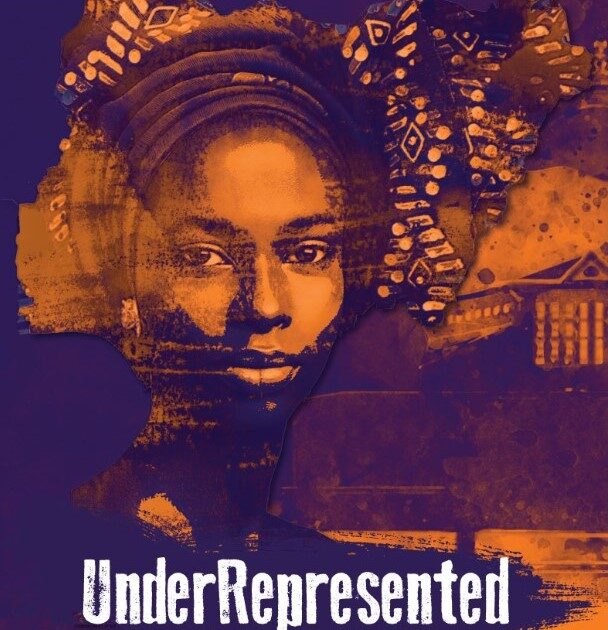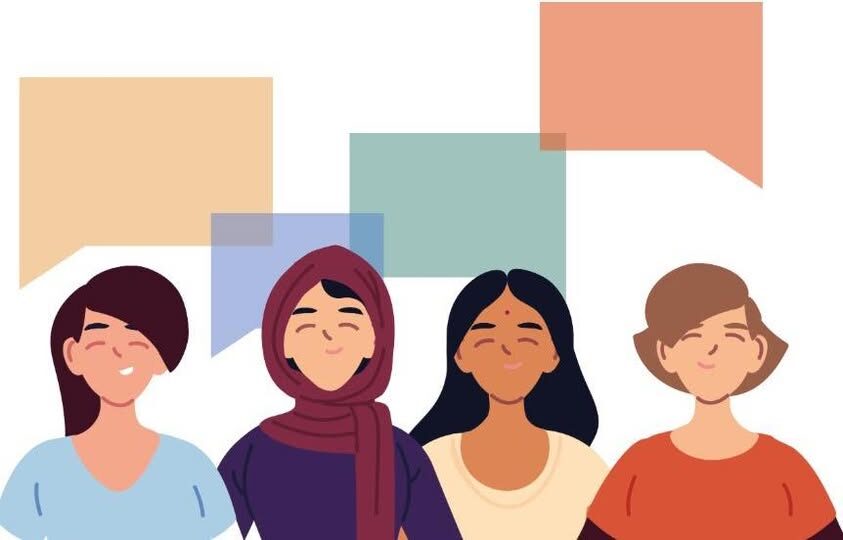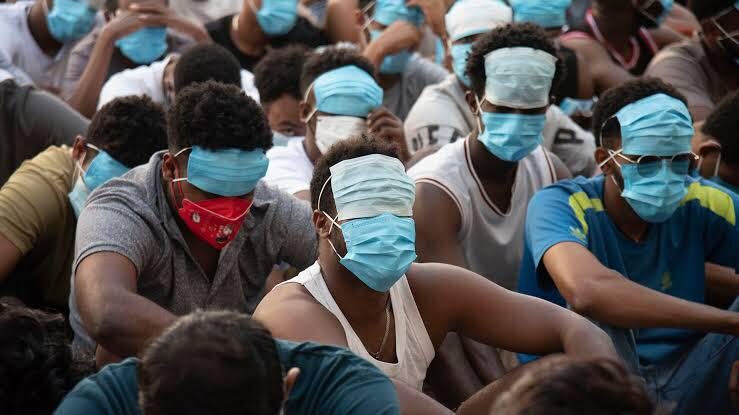How Underrepresentation fuels Poverty in Nigeria
By: Amb. Mercy Bamigbola
Ed. 225 | 16.09.25
In a world where there’s the frequent usage of terms such as ‘minority’, ‘less privileged’, ‘marginalised’, ‘underrepresented’, and so on, the peaceful world we desire becomes far-reaching. As we continue to desire a balanced society, it’s essential to make a pivotal movement to alleviate and erase the unbalanced regalia.
Underrepresentation refers to the situation in which certain groups of people are not adequately or sufficiently represented. People are underrepresented in different areas, including politics, the economy, and education. Underrepresentation has also been found to be prominent in age grades, gender, and beliefs.
From the Nigerian scene, underrepresentation cuts across various dimensions of society. For instance, women in politics, despite making up roughly 50% of the population, occupy less than 10% of legislative seats both at the federal and state levels. In the current 10th National Assembly, only 19 out of 469 legislators are women (just 3.8%).
Also, young people, who make up 70% of the population, are underrepresented. Minority ethnic groups such as the Ijaw, Tiv, and Ibibio often have less political influence compared to the dominant groups like Hausa-Fulani, Yoruba, and Igbo.
In terms of economic representation, women often struggle to get access to loans, venture capital or hold board seats in major corporations. Revenue from natural resources (oil in the Niger Delta, minerals in the North) does not always translate into proportional development for local communities.
In education, Northern states, particularly among girls, have lower school enrolment and literacy rates, meaning their voices are underrepresented in the educated workforce. In media representation, minority ethnic groups and women are less frequently represented in mainstream media, which shapes public perception and policy focus.
Reports have shown that in every sector in Nigeria, certain groups are grossly marginalised, and this comes with great consequences for the people’s wealth and the country’s economic status.
Poverty in Nigeria is on the rise. In fact, it is a fundamental issue that for so long seemed averse to a solution. The World Bank records that by 2023, the poverty rate in Nigeria will rise to 38.9%, with 87 million Nigerians living in poverty. This rate among Nigeria’s rural population has reached an overwhelming 75.5% where a staggering 41.3% of Nigeria’s urban population lives in poverty, according to the World Bank’s April 2025 Poverty and Equity Brief for Nigeria.
In a situation where a huge percentage of the population lives in poverty, it is important to understand the factors that contribute to this problem. The most recognised causes include corruption, unemployment, inequality, lack of education, poor basic infrastructure, and a lack of access to clean food. Notably, at the bedrock lies a lack of representation in major sectors.
Underrepresentation affects the lives of citizens in ways we could never imagine. When women, youth, and certain ethnic minorities have limited voice in decision-making, it leaves them with fewer social amenities, livelihood infrastructures, and favourable economic policies. This, in turn, leaves them vulnerable to poverty.
With unequal access to resources, rural entrepreneurs, small ethnic minorities, and even women cannot grow businesses, which then limits income generation and leads to a continuous cycle of poverty. In Nigeria, women-owned businesses often receive less than 10% of available credit. The Northern part of Nigeria typically has a higher poverty rate compared to the south. This can be traced to an underrepresentation in infrastructure, schools and health facilities, amongst many other factors.
It’s simply a negative connection that makes it difficult for marginalised communities to escape the cycle of poverty. We can think of it this way: underrepresentation leads to poor policy and resource allocation, which leads to limited economic opportunity. Limited economic opportunity leads to persistent poverty, which leads to continued underrepresentation.
No country has a zero-poverty rate. However, what differentiates the wealthiest countries from others is how well the government can provide social safety nets to reduce extreme poverty. Nigeria is still in a critical poverty state, and it’s high time they get ironed out.
For a balanced society that gives it fairly to all, better political representation is a great starting point. Inclusive policies, capacity building, and the enforcement of gender quotas give women the opportunity to have a say in matters that affect them too. Disadvantaged groups should have better access to quality education, media representation, and more robust access to technology. In terms of the economy, there should be policies that protect minority-owned businesses and women entrepreneurs. Marginalised groups should be protected through fair legal processes.
Finally, a low poverty level is achievable in Nigeria, but it can only be done when people are adequately represented and understand that their voices also matter. When we all feel seen in a society, change occurs, and the peaceful community becomes a reality!
Image Credit: PAC NG documentary – ‘Underrepresented: The Documentary’



